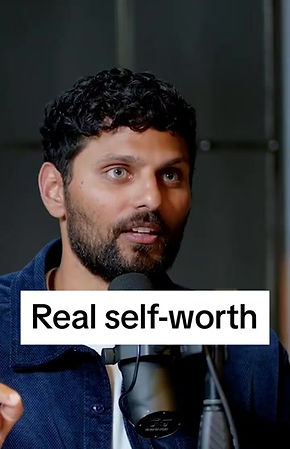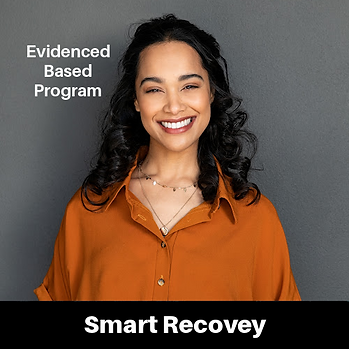
SELF LOVE
The Power of Self-Love: Imagine a life where you feel confident, resilient, and capable of handling any challenge. Self-love in recovery is the foundation for greater happiness, stronger relationships, and unwavering belief in yourself.



Self-Love in Recovery
We're excited to explore the power of self-love in recovery with you. Many of us struggle with self-criticism and doubt, especially during challenging times. But self-love is a tool that helps you build resilience, gain confidence, and heal from past hurts.
Over the next few minutes, we'll discuss how self-love supports your recovery journey. We'll talk about practical ways to challenge negative thoughts, prioritize your well-being, and set healthy boundaries. Self-love isn't a magic solution, but it's a transformative tool that helps you become your own strongest advocate.
The Benefits of Self-Love in Recovery
-
Overcoming Shame and Guilt: Recovery often involves confronting past mistakes. Self-love helps you forgive yourself, allowing you to move forward without the weight of those burdens. It's about understanding that everyone makes mistakes, and you deserve the chance to heal and grow.
-
Building Resilience: Self-love strengthens your inner resolve, helping you cope with setbacks and triggers during your recovery journey. When you believe in yourself and your ability to overcome challenges, you're better equipped to handle difficult situations.
-
Improving Relationships: When you love yourself, you set healthy boundaries. You're less likely to tolerate unhealthy behavior from others and attract people who support your recovery. You'll also have the strength and compassion to navigate difficult relationships with more grace and understanding.
-
Creating a Fulfilling Life: Self-love motivates you to pursue goals, embrace healthy habits, and live a life aligned with your values. It fuels your desire to become the best version of yourself and create a life that brings you joy and purpose.
Practical Tips to Practice Self-Love:
-
Challenge Negative Self-Talk: Notice when that inner critic starts up and replace harsh judgments with kinder, more encouraging language. Would you talk to a friend that way? Treat yourself with the same compassion and understanding.
-
Set Healthy Boundaries: Learn to say "no" to protect your energy and well-being. Don't feel guilty for prioritizing your needs and taking time for yourself.
-
Prioritize Self-Care: Nourish your mind and body with good sleep, healthy food, and activities that bring you joy and a sense of renewal. This could be exercise, spending time in nature, meditation, or pursuing hobbies you enjoy.
-
Seek Support: Connect with others who understand your journey. Consider therapy, support groups, or trusted friends who can offer encouragement and understanding.
Remember, self-love is a journey, not a destination. Some days will be easier than others. Be patient with yourself, celebrate small victories, and never give up on believing in your worth. You are strong, capable, and deserving of love and happiness.









